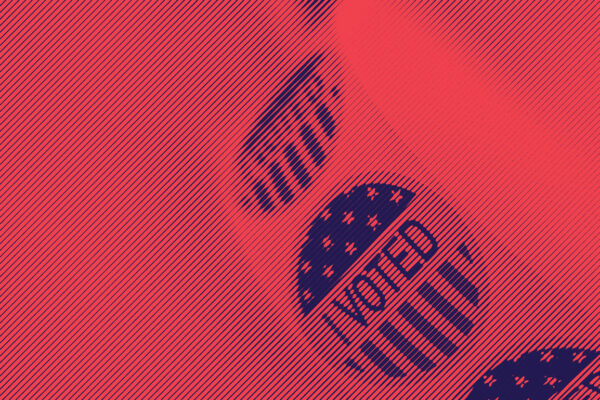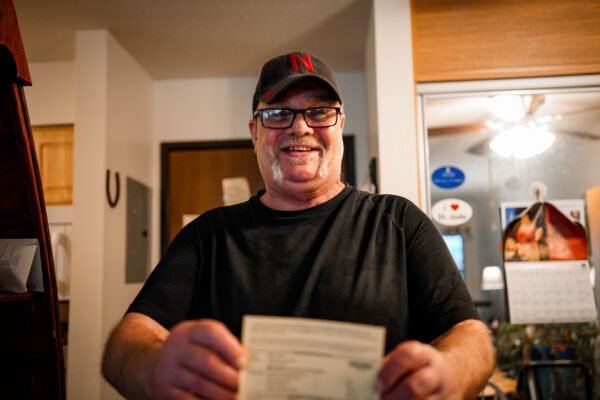In the spring of 2024, a bipartisan majority of Nebraska state senators voted to remove the two-year waiting period so that people with felony convictions can vote as soon as they finish all terms of their felony sentences, including probation and parole. LB 20 was passed into law, but in July 2024, the Secretary of State announced that he would not comply with the law based on an Attorney General’s opinion asserting that only the Board of Pardons has the power to restore voting rights. The ACLU of Nebraska filed a case in the Nebraska Supreme Court to ensure ballot access for those who have completed all the terms of their felony sentences consistent with LB 20. In its October 16, 2024 opinion, the Nebraska Supreme Court held that the Secretary of State must follow the law, including LB 20, ensuring that Nebraskans with prior felony convictions can register to vote and vote as soon as they complete all terms of their sentence.
To be eligible in Nebraska to vote right now:
- You must be a U.S. Citizen.
- You must live in Nebraska. This includes self-supporting students who regard the location of their school as their home and military service members living on a military post who do not intend to return to their former places of residence.
- You must be at least 18 years old on or before November 5, 2024.
- If you have been convicted of a felony under Nebraska’s laws, another state’s laws, or federal government laws, you are able to vote after you complete all the terms of your sentence including probation or parole.
- If you have been convicted of treason under Nebraska law or federal law, you cannot vote unless your right to vote has been restored via the pardon process.
- You cannot be subject to a current court order of mental incompetency. An adult under a guardianship order can still vote unless there is a court order stating otherwise.
To cast a ballot, you must present an acceptable form of photo ID, which must have your name and photo. The photo ID can be expired and still be used for the purposes of voting. You may complete a Reasonable Impediment Certification if you have a disability or illness that prevents you from obtaining valid photographic identification, an inability to obtain a birth certificate or other required documents without significant difficulty or expense, or a religious objection to being photographed.
DISCLAIMER
This resource is general voter education. This document does not entitle you to legal advice from the ACLU and is not an offer by the ACLU to represent you as your attorneys. Please contact your attorney or the ACLU of Nebraska for more information.
Stay Informed
Sign up to be the first to hear about how to take action.
By completing this form, I agree to receive occasional emails per the terms of the ACLU’s privacy statement.
By completing this form, I agree to receive occasional emails per the terms of the ACLU’s privacy statement.



